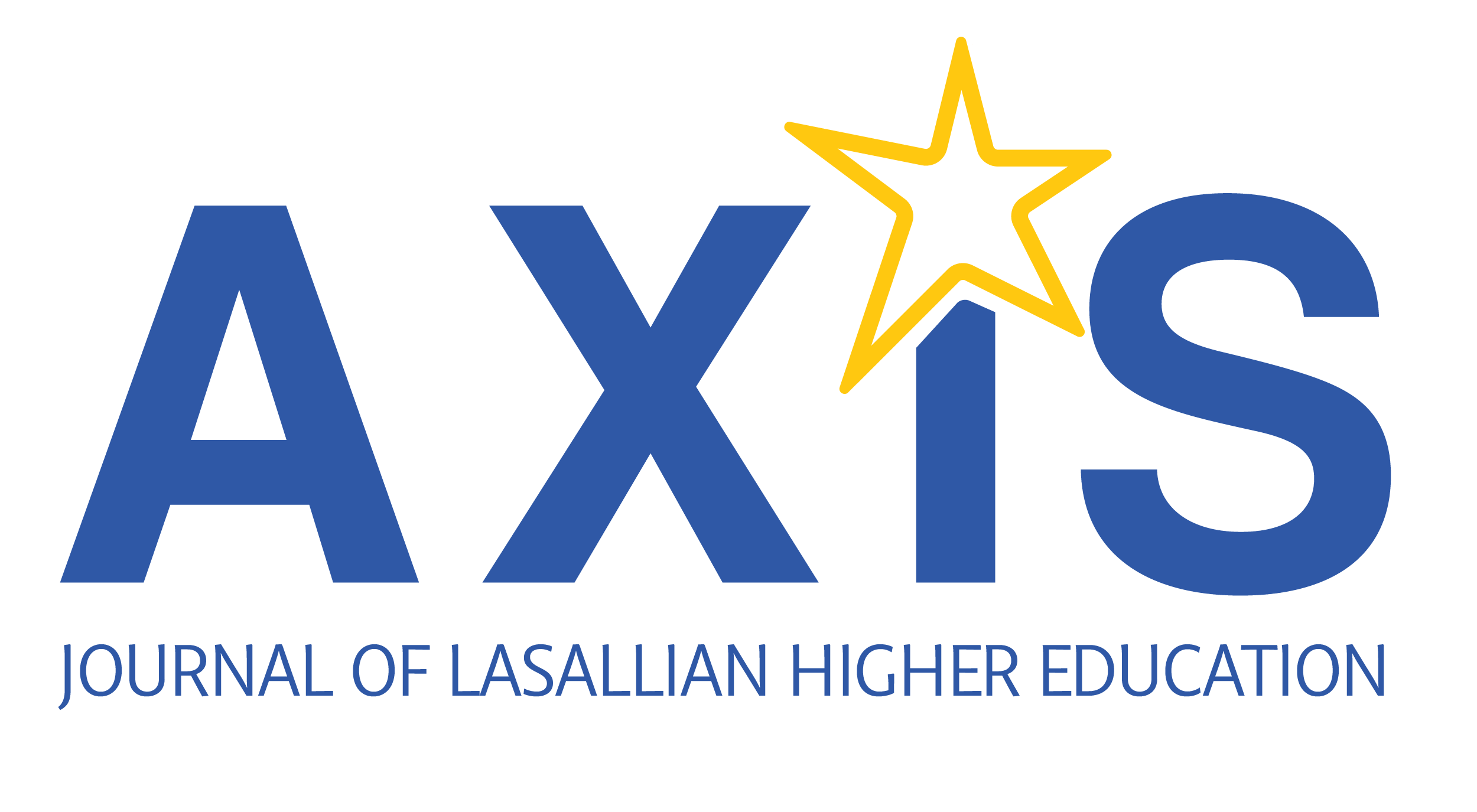Joseph R. Lynn, Ed.D.
ABSTRACT
This paper is concerned with the issue of how a robust self-reflective process can improve our quality of life. It is drawn from a larger autoethnographic research project in which the author investigated the empathetic teaching practices of Korean Seon Buddhist monastic education. That project’s data collection consisted of five research points (with two of them, video observation and a self-reflective journal, presented here). Data resulted in the identification of: (1) four stages of an emotional experience; (2) high-frequency terms; and (3) in vivo themes. These aspects were analyzed through Håkansson’s structure of empathy, Markus and Kityama’s self-construal theory, and then further analyzed through Bronfenbrenner’s ecological systems theory. Data suggests that empathy is mindful awareness of how socio-cognitive stimuli affect a behavioral response rooted in the construal of self. To help a person understand how to engage in this process, the 4-C Self-Reflection and Mindfulness Framework for Empathy Development was created.
Full Text:
The 4-C Framework for Mindfulness and Empathy Development – Joseph R. Lynn, Ed.D.
Keywords: emotional memory, emotional hindrance, socio-cognitive factor, ecology, self-construal
Lynn, Joseph R.
Joseph R. Lynn is a lecturer in the department of International Buddhist Education at Dongguk University (Gyeingju Campus), South Korea. He earned his doctorate in leadership at Saint Mary’s University of Minnesota.


Recent Comments